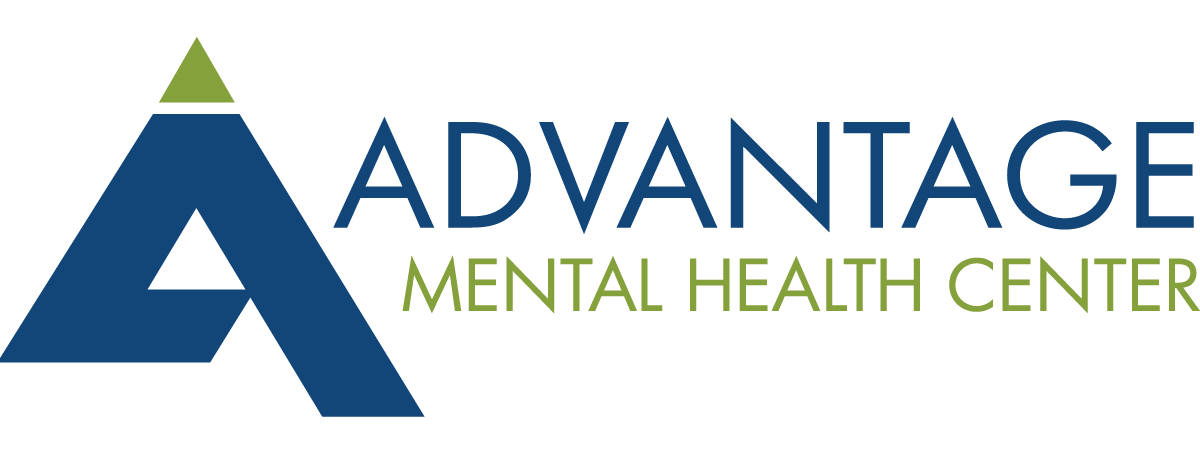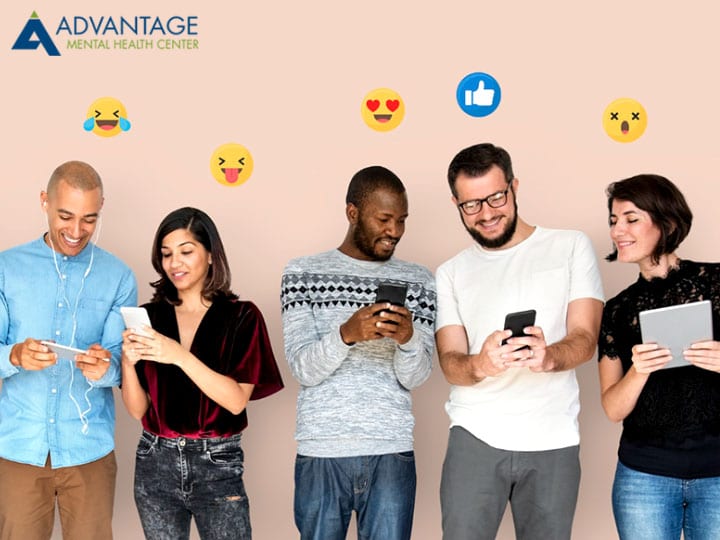Many people, worldwide, have joined the ranks of social media followers. For some, it’s something they use to raise their business profile, but for many more it’s a way to connect to friends and family and the outside world. Social media offers groups of every kind and helps people connect with communities that they would never otherwise be part of or, in many cases, not even have had knowledge of were it not for the platform they are on. While all this can be wonderful and helpful, for some, it can also become an obsession.
Let’s look at the numbers for three of the most popular social media platforms.
Facebook: Facebook has more than 2.7 billion monthly active users. It is by far, the most popular social media platform in the world. The vast majority of their revenue is generated through advertising sales, and this means they need to be constantly barraging their users with ads.
Instagram: Insta claimed to have 1.074 billion worldwide by the start of 2021 and their numbers continue to rise. The popularity of being connected to celebrities who post video content, the ability to share your own videos and images, and even to create a revenue stream in some cases makes this platform extremely addictive.
TikTok: This platform, newer than some of its predecessors has over 1 billion monthly active users and rising. It has become a way for the average person to become “a star.”
Twitter, LinkedIn, Pinterest, and many more social media outlets are so much a part of our daily lives that it’s impossible to think about what it was like before them for many people, especially the young people who grew up with social media. They have never lived in a world without it.
In the last 18 months, with the world being in lockdown, social media became even more of a life raft for people living alone or stuck in the world of the family “pod”. Being active on social media gives us the feeling that we are not alone. We have “friends” even though most of them are people we have never met in the real world or are too far away to connect with outside of the bubble created by social media. It can become very addictive and may create the constant need for more interaction.
Researchers are starting to measure this kind of behavior as possible addiction akin to drugs and alcohol. It begins to have the “can never get enough” feeling for many people who find themselves needing more and more interaction.
There are studies that show a link from constant use of social media to risky behaviors and even physical ailments. If one already shows signs of addictive behavior, it’s not a far leap to becoming “addicted” to social media. Impulse buying is easy when a person with an addictive personality is bombarded with enticing ads for diet products, gadgets, apparel, self-help programs, and any number of things that are being flashed in front of them.
“Playing” on your social media accounts is not a physical activity. You’re not likely to be exercising while typing away on Facebook or watching endless videos on Instagram or Tik Tok. This kind of activity is not conducive to creating good health or healthy habits.
It has not yet been determined just how much social media participation is too much or could be considered an addiction, but it’s safe to say that too much sedentary time is not helpful to our mental or physical wellbeing.
If you are spending a lot of time on social media and you fear it may be affecting your mental and/or physical health, please reach out to us. Our professional, licensed mental health practitioners can help you consider ways to break the pattern you are in and avoid these addictive behaviors.
Contact us at Advantage Mental Health Center at https://advantagementalhealthcenter.com/
Offices – Clearwater and Tampa Bay Florida
Picture Credit: Freepik


